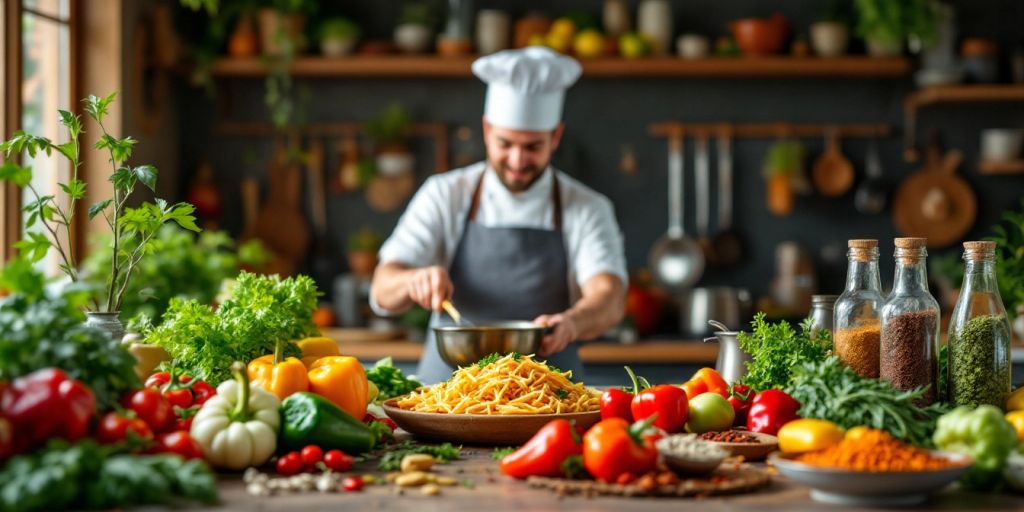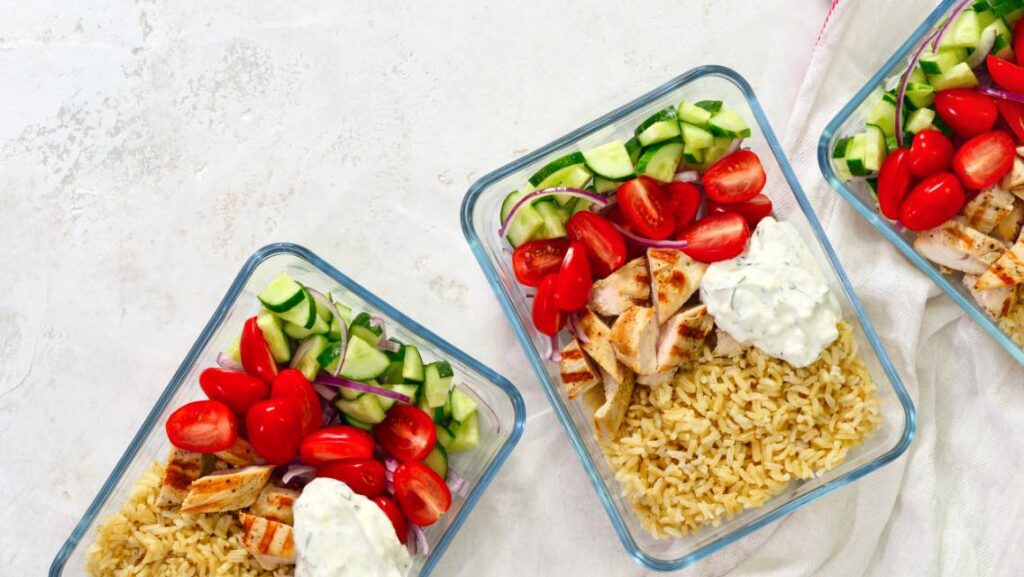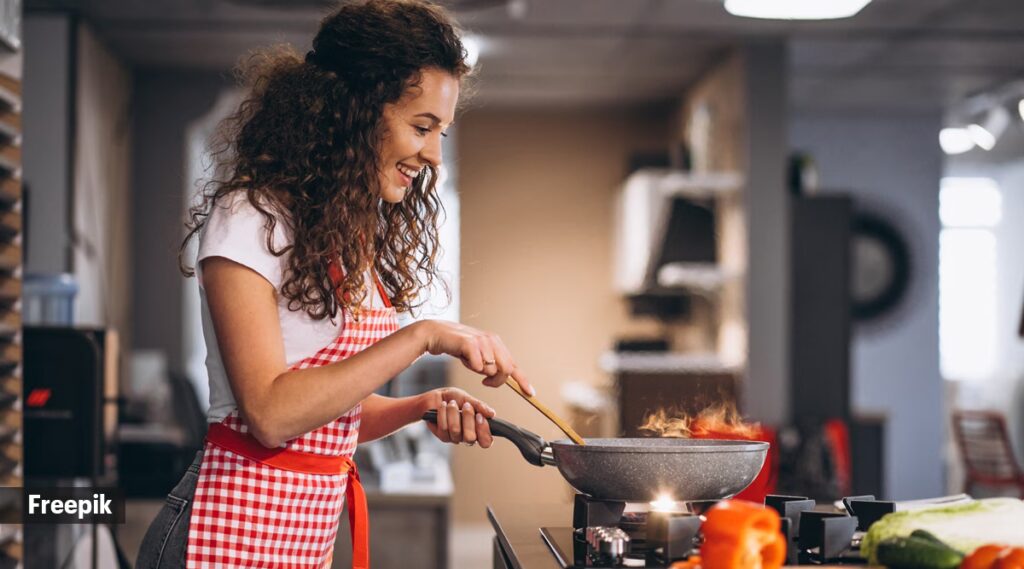Cooking is an essential life skill that can transform ordinary ingredients into delicious meals. Whether you are a beginner or an experienced home cook, learning a few essential cooking tips can help enhance your culinary skills. From mastering seasoning techniques to understanding heat control, these expert tips will make cooking more enjoyable, efficient, and rewarding.
1. Master the Basics
Before diving into complex recipes, it is important to understand basic cooking techniques. Here are some fundamental skills every home cook should know:
- Read the Recipe First: Always read the entire recipe before starting to cook. This ensures that you understand the steps, ingredients, and cooking time required.
- Knife Skills Matter: Invest in a good quality chef’s knife and learn proper cutting techniques like dicing, chopping, and julienning.
- Understand Different Cooking Methods: Familiarize yourself with various cooking techniques such as boiling, steaming, roasting, sautéing, and grilling.
- Mise en Place (Everything in Place): Prepare and organize all ingredients before starting to cook for a smoother process.
2. Use Fresh Ingredients

Table of Contents
The quality of ingredients greatly impacts the final dish. Always choose fresh, high-quality ingredients whenever possible.
- Buy Seasonal Produce: Fruits and vegetables taste best when they are in season.
- Check for Freshness: Look for vibrant colors, firm textures, and pleasant smells in produce and meats.
- Store Ingredients Properly: Keep herbs in water, refrigerate dairy products, and freeze meats to maintain freshness.
3. Learn the Importance of Seasoning
Proper seasoning can elevate any dish from bland to delicious.
- Salt Enhances Flavor: Salt brings out the natural flavors of ingredients. Use it in moderation and taste as you cook.
- Balance Flavors: Learn to balance salt, sweetness, acidity, and umami for a well-rounded taste.
- Use Fresh Herbs and Spices: Fresh herbs like basil, cilantro, and rosemary add depth, while whole spices provide robust flavor.
4. Cooking Temperatures Matter
Understanding heat control is key to cooking food perfectly.
- Preheat Pans and Ovens: This ensures even cooking and prevents food from sticking.
- Know the Right Heat Levels: Use low heat for slow cooking, medium for sautéing, and high for searing meats.
- Use a Food Thermometer: Ensure meats are cooked to safe internal temperatures (e.g., chicken should be cooked to 165°F/75°C).
5. The Power of Meal Prep

Meal prepping can save time and reduce stress in the kitchen.
- Chop Vegetables in Advance: Store them in airtight containers for quick use.
- Portion Proteins Ahead of Time: Marinate meats before freezing to enhance flavor.
- Batch Cooking: Prepare staples like rice, beans, and sauces in bulk for easy meal assembly.
6. Mastering Cooking Oils and Fats
Using the right oils and fats is essential for achieving the best flavor and texture.
- Know the Smoke Point: Different oils have different heat tolerances. For high-heat cooking, use oils like avocado or peanut oil.
- Use Butter for Richness: Butter adds depth to dishes like pasta, sauces, and baked goods.
- Choose Healthy Fats: Opt for olive oil, coconut oil, and ghee for nutritious cooking.
7. Essential Kitchen Tools Every Cook Needs
Having the right kitchen tools makes cooking more efficient and enjoyable.
- Invest in Quality Knives: A sharp chef’s knife is a must-have.
- Use the Right Cookware: Non-stick, stainless steel, and cast-iron pans each serve different purposes.
- Measuring Tools Are Important: Accurately measuring ingredients helps maintain consistency in recipes.
8. Avoiding Common Cooking Mistakes

Even experienced cooks make mistakes, but avoiding these common pitfalls can help improve your dishes.
- Don’t Overcrowd the Pan: This prevents food from browning properly.
- Taste as You Cook: Adjust seasoning and spices throughout the process.
- Let Meat Rest: Resting cooked meat for a few minutes allows juices to redistribute, making it more flavorful.
9. Understanding Food Safety
Proper food handling is crucial for preventing foodborne illnesses.
- Store Food at Safe Temperatures: Keep perishable foods refrigerated and never leave them out for more than two hours.
- Separate Raw and Cooked Foods: Use separate cutting boards for meats and vegetables to prevent cross-contamination.
- Wash Hands and Surfaces Frequently: Clean hands and kitchen tools to maintain hygiene.
10. Experiment and Have Fun
Cooking is an art, and experimenting with flavors and techniques can make it more enjoyable.
- Try New Recipes: Step out of your comfort zone and explore different cuisines.
- Adjust Recipes to Your Taste: Modify spices and ingredients to match your preferences.
- Learn from Mistakes: Cooking is a learning process, and mistakes often lead to valuable lessons.
Looking for an authentic Indian dining experience? Darbar Wenty – Finest Indian Restaurant Wentworthville offers a rich blend of traditional flavors and modern culinary artistry. From mouth-watering curries to freshly baked naan, every dish is crafted to perfection. Visit Darbar Wenty – Finest Indian Restaurant Wentworthville and indulge in the true taste of India!
Conclusion
Mastering these essential cooking tips will help you become more confident and efficient in the kitchen. Whether you are a beginner or an experienced home cook, continuously improving your skills will lead to better meals and a more enjoyable cooking experience.
For more expert cooking tips and recipes, visit IndianFoodGuide. Happy cooking